Book Review: Love Marriage by Monica Ali
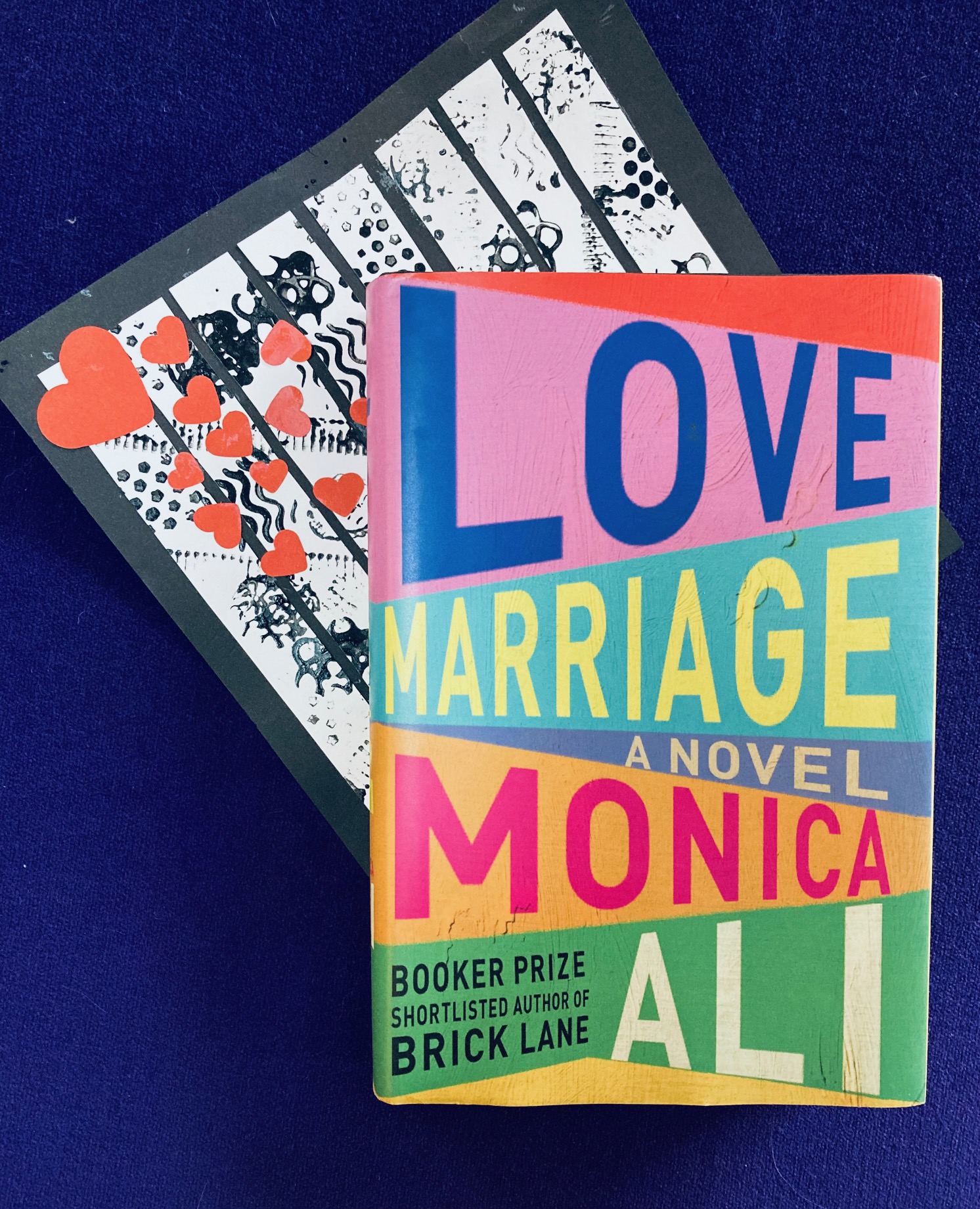
The phrase ‘love marriage’ means different things to different people, but in the context of the book Love Marriage by Monica Ali, it refers to the fact that Yasmin’s Indian parents formed a relationship based on love alone; an assumption for many, but a radical idea for some. Is this the goal for everyone: to marry someone out of love, rather than necessity? This 400 page book explores relationships, both platonic and romantic, scrutinizing the assumptions we make about both. Self-awareness is also a big part of this story, those who have it, and those who don’t.
Plot Summary
We meet a British-Indian family living in London, each member struggling with their own identity and how it relates to the romantic relationships they find themselves in. Yasmin and her brother Arif are both young adults, still living at home. Yasmin has become a doctor and is currently engaged to another doctor named Joe. Arif is jobless and has gotten a girl pregnant, so he’s kicked out of the house by their very strict father. In protest, Arif and Yasmin’s mother Anisah moves out of the house into Yasmin’s future mother-in-law’s place, the famed feminist Harriet Sangster, a wealthy white liberal. Yasmin’s parents have a “love marriage”; it wasn’t arranged (which was more common in their culture at that time) and Yasmin is obsessed with their union, always asking for a re-telling of the story of their meeting, wanting to ensure her upcoming marriage is as happy as theirs, even after Anisah has moved in with Harriet with no sign of returning. The majority of the chapters are told from Yasmin’s perspective, but we also get a few brief glimpses into the life of Joe’s therapist, which is how we learn the major secrets that Joe is hiding from Yasmin, which are sure to blow up their engagement. As the book progresses, each character shifts in identity: from what they want to project to the world, to who they truly are.
My Thoughts
Yasmin is the protagonist, and we follow her most closely, but as the plot thickens, we realize she is an unreliable narrator. Not even unreliable, just…naïve. On paper she is incredibly impressive: a young doctor engaged to another young doctor, a dutiful daughter always trying to repair the bonds within her crumbling family. Yet its clear she is trying to keep things afloat, when they’d be better of sinking to the bottom. This is confirmed when we are confronted by Joe’s therapy sessions, horror slowly dawning on both him and the reader that Yasmin is in even deeper than we realized. She surprises herself and us in some reckless actions she takes without even knowing Joe’s secrets, but the human collateral of her decisions are suddenly the new victims, her inability to genuinely asses an emotional situation a new danger she never once considered.
The very first sentence of the book says: “In the Ghorami household sex was never mentioned” (p. 1). Even the chapter title is “Chaste”. These are two very strong clues that sex itself will be a driver in the plot, and indeed it is. There are no explicit sex scenes, yet we hear about it happening in other parts of the book, and when it finally is revealed out in the open, it inevitably twists the plot into another direction. Yasmin’s lack of growth is representative of the stunted emotions that swirl around her family home, which become increasingly stagnant once Anisah and Arif move out – the two characters who are underestimated due to their lack of education. While Yasmin and her father are puzzling over medical case studies, the other half of their family are living in ways which are true to themselves, but ripe for ridicule. Once these two leave the Ghorami house, it becomes obvious to everyone, both the reader and Yasmin, why Arif and his mother were the missing pieces.
It feels like I’ve been writing an essay about this book rather than a true review. I really enjoyed reading it, in case that wasn’t obvious yet. I also feel like it’s the sort of book that can be deeply analyzed, because so much was working behind the dialogue and descriptions. For someone who enjoys re-reading books, this would be a good one to give a second go, but because I literally never re-read books, this will be my one and only time indulging.

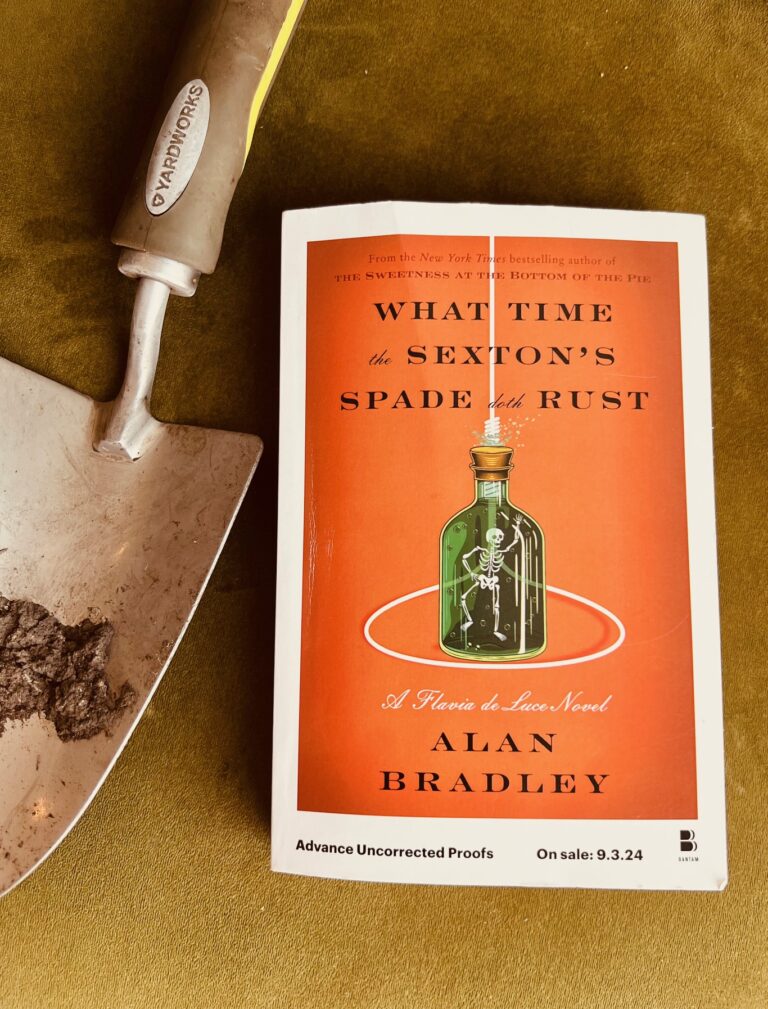
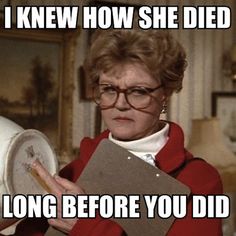

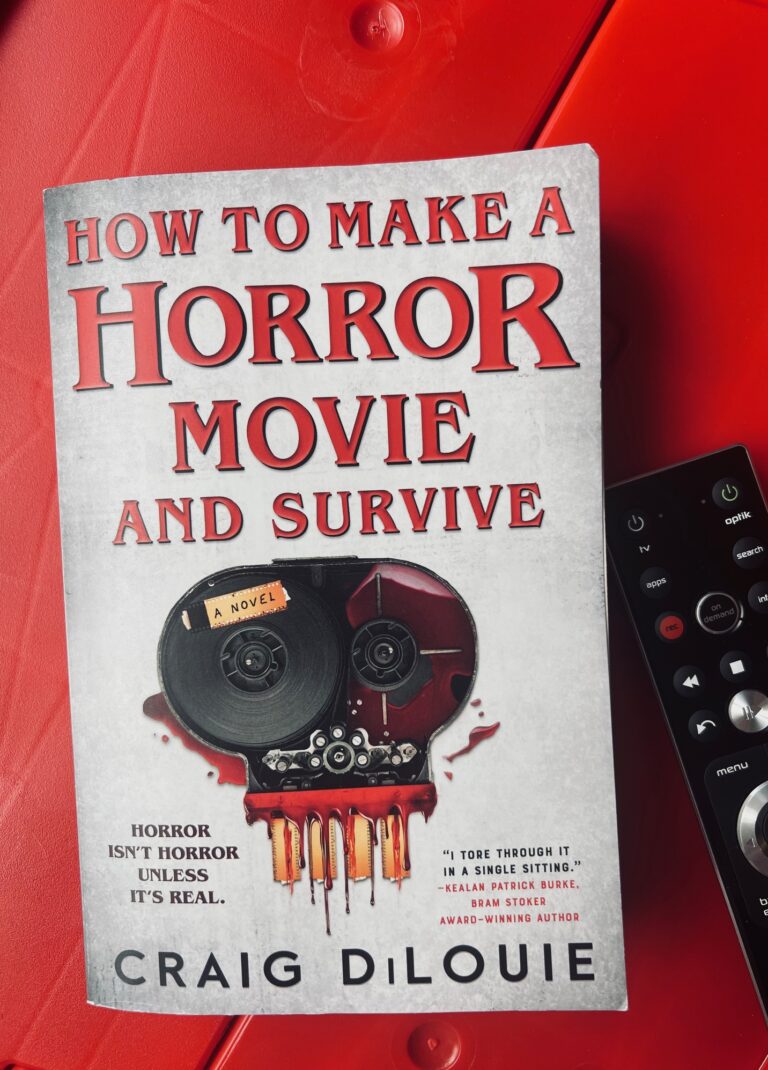
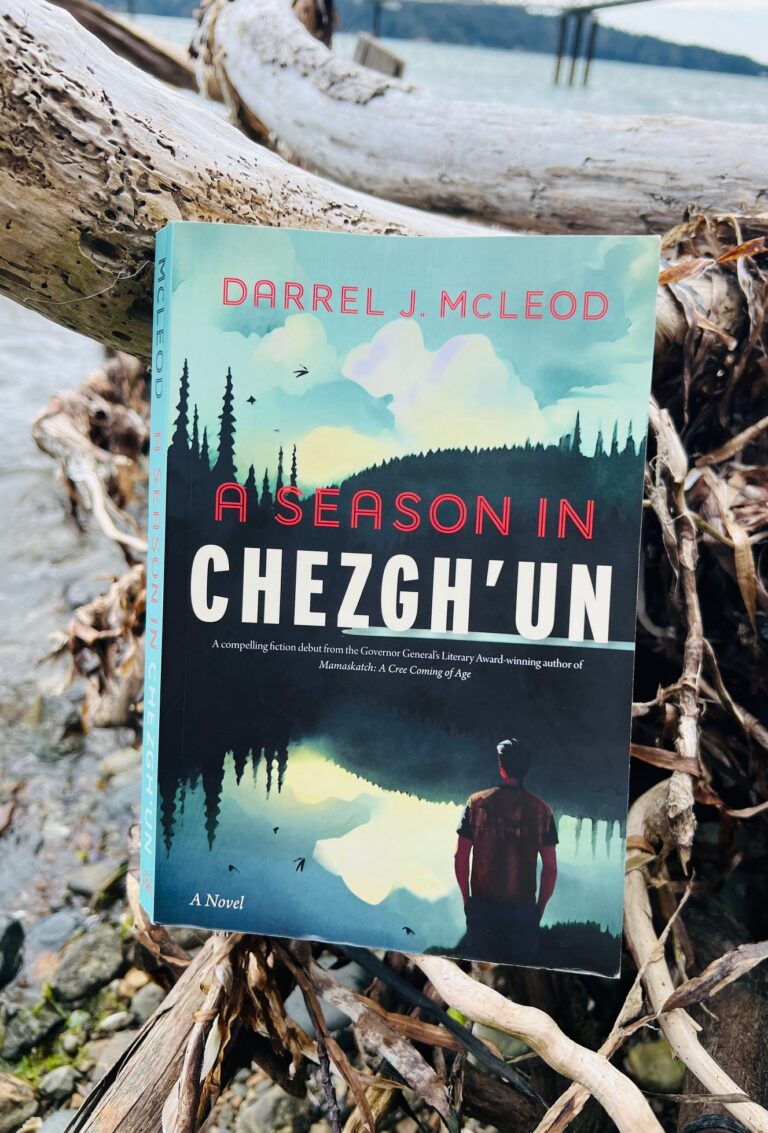
I often see this book at the library and wonder if it would be good for Literary Wives. Sounds like it might be!
Yes it definitely would Naomi!